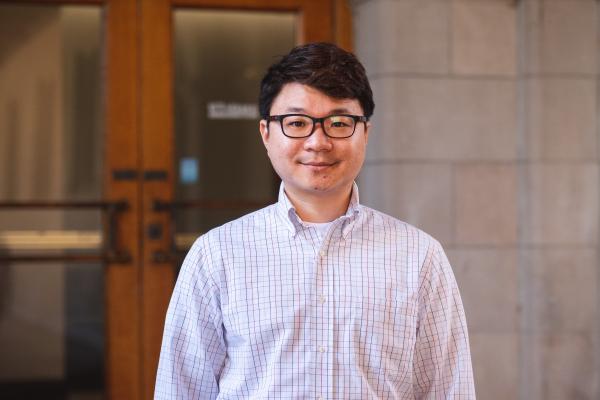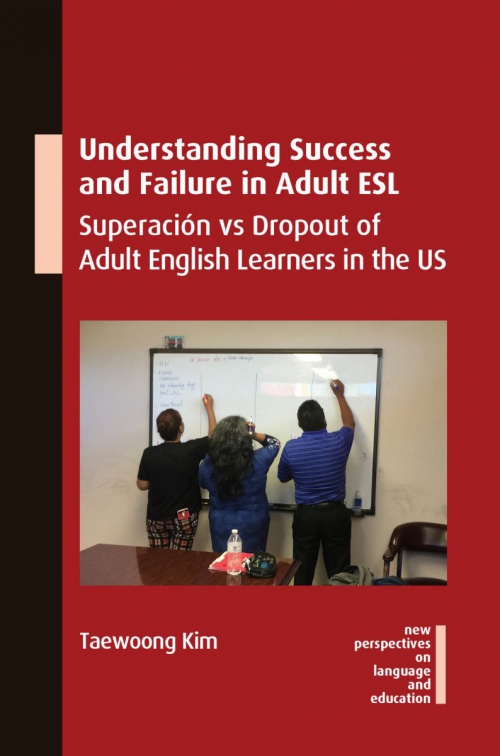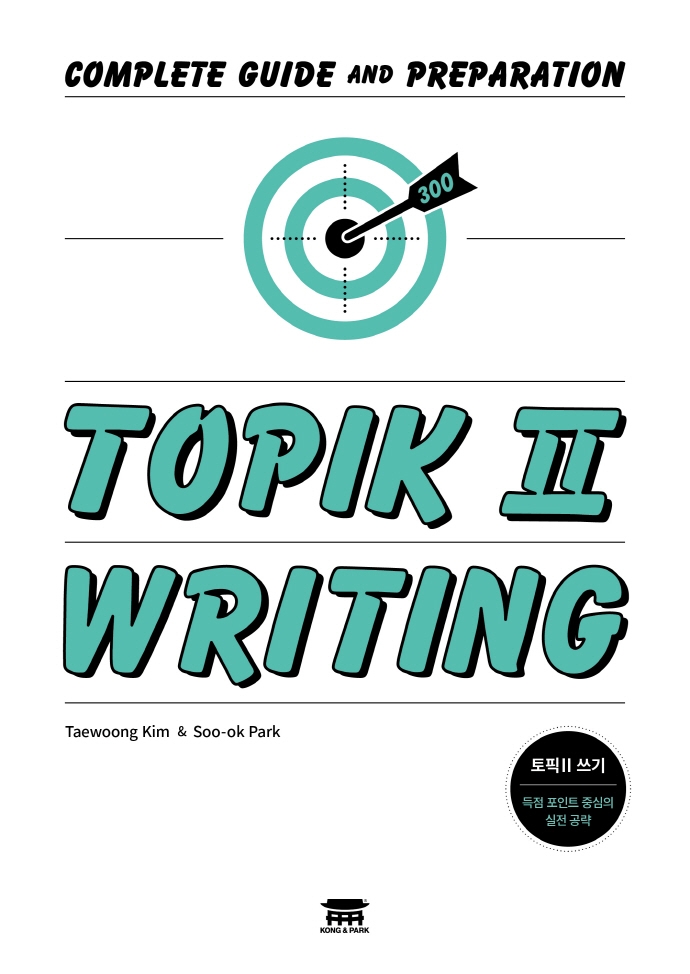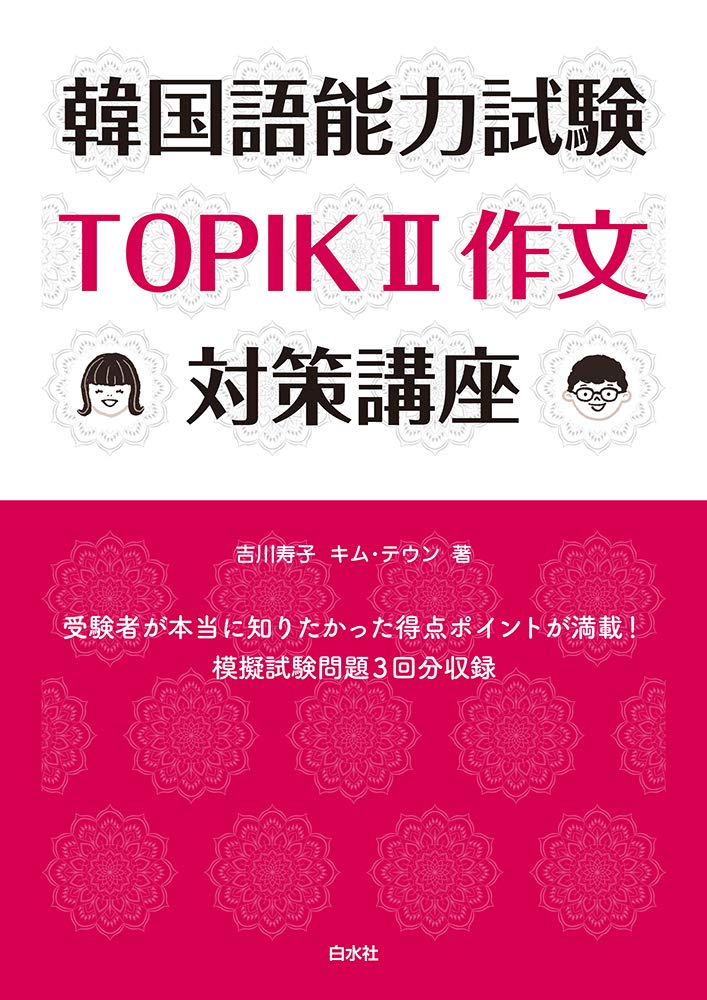Taewoong Kim teaches second and fourth year modern Korean.
In addition to teaching modern Korean, Taewoong Kim teaches Taekwondo martial art through University College. Before joining Wash U, he taught Korean language at Middlebury College. Dr. Kim’s research interests include Korean language pedagogy, second language acquisition, Computer-Assisted Language Learning (CALL), metacognitive instruction, curriculum ideologies, social justice through language education, and learner identity. His recent publication explored how CALL and MALL (mobile-assisted language learning) can foster learner autonomy: Roh, J. & Kim, T. (2019). Fostering Learner Autonomy through CALL and MALL in a Korean Class: A Case Study, Journal of Interactive Learning Research, 30(2). He earned his Ph.D. at the University of Oklahoma majoring in Instructional Leadership and Academic Curriculum with a concentration on second language education.







